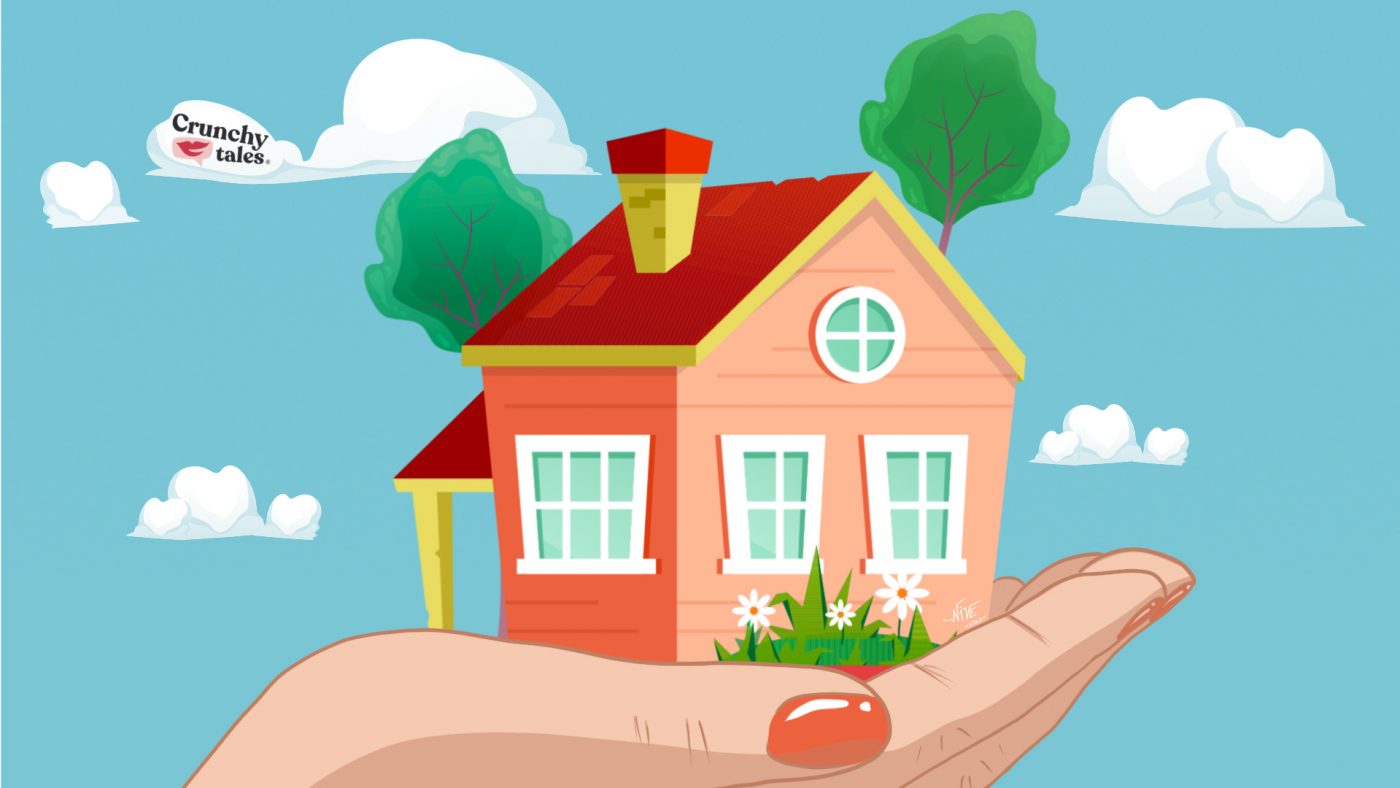Dealing With The Emotional Side Of Midlife Downsizing
As we age, most of us will consider the option of downsizing to a smaller space. Whether it’s because we no longer need as much space, we want to save money or the kids have moved out, what once may have been the perfect home for us, may now seem too large or too impersonal.
But most of the time, although we may have already set our eyes on a lovely apartment, selling the old property we’ve been living in and moving to somewhere smaller is not an easy option. That’s because a home is more than just a place to live; it’s where decades worth of memories have been made and clearing out a place that meant so much to us can be quite overwhelming.
However, no matter how difficult it may seem, downsizing a large home is possible. The key is to start small and tackle just one room—or closet—at a time. As you get used to a system of sorting, decluttering, and organising, you’ll gain momentum.
Downsizing might be challenging at first, but there are so many advantages and opportunities. From the chance to make household tasks more manageable to the new décor, it can be incredibly exciting. And if you buy a cheaper property than the one you sold, that extra money can go a long way to helping you enjoy the second chapter of your life.
Here are some tips to help you cope with the emotional (and practical) side of downsizing.
Plan early and ask for help
Giving yourself time is important both mentally and physically. Setting goals and a timeline will prevent you from feeling drained, so start at least three months ahead as processing and packing always take longer than you think. Divide tasks over a period of time and recruit help if needed, whether it’s some friends or move managers. Others may not be able to help you decide what to keep and what to toss, but they can help you clean, wrap fragile items in bubble wrap, carry boxes, or prepare items to donate.
Share your emotions
Don’t try to hold your emotions back. Journaling or talking about your feelings to a friend or family member can take a weight off your shoulders throughout the downsizing process. Don’t get focused on regrets: letting items go means you are free to move forward rather than being held back by things. View this phase as a positive time, a chance to re-invent your lifestyle.
People develop an emotional attachment, both to the house, as well as some of the items that are in the house – explains clinical psychologist and author Dr Jacqueline Simon Gunn– I have had a few patients who rented storage space following downsizing so that they could keep personal items they felt attached to for sentimental reasons.
To help get through this process, Harvard Health recommends becoming engaged in your new community as quickly and as actively as possible. Staying connected and building meaningful relationships makes everyone happier, but for midlifers, it’s particularly important to their emotional well being.
Focus on what you’re gaining, not losing
Keeping unused possessions may make you feel connected to your past, but they also prevent you from making healthy changes and moving into the next chapter of your life. In the end, the goal of downsizing is to keep belongings that reflect who you are now, not who you were then.
And by the way, your collection of commemorative plates or your grandparents’ bedroom set may seem worthy of keeping for future generations, but that doesn’t mean your kids will necessarily want to decorate in that same style.
Like this post? Support Us or Sign up to our newsletter to get more articles like this delivered straight to your inbox!





